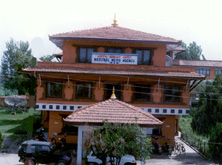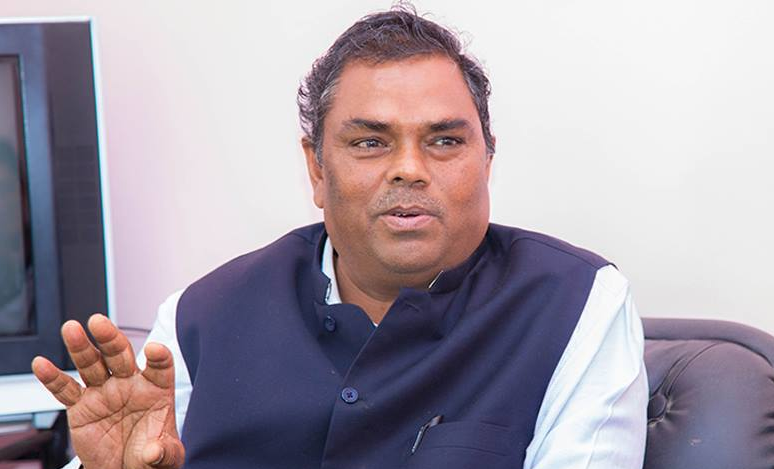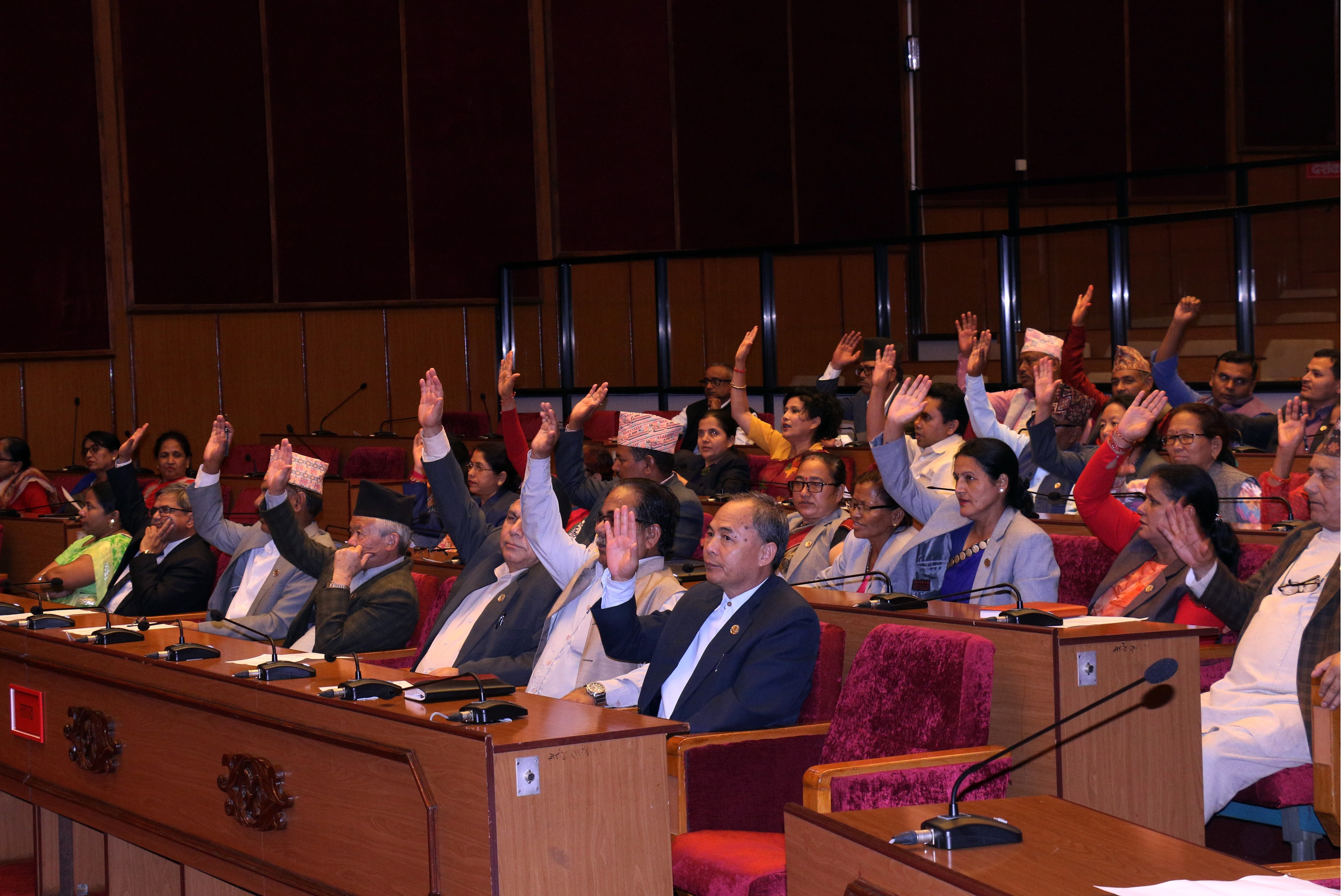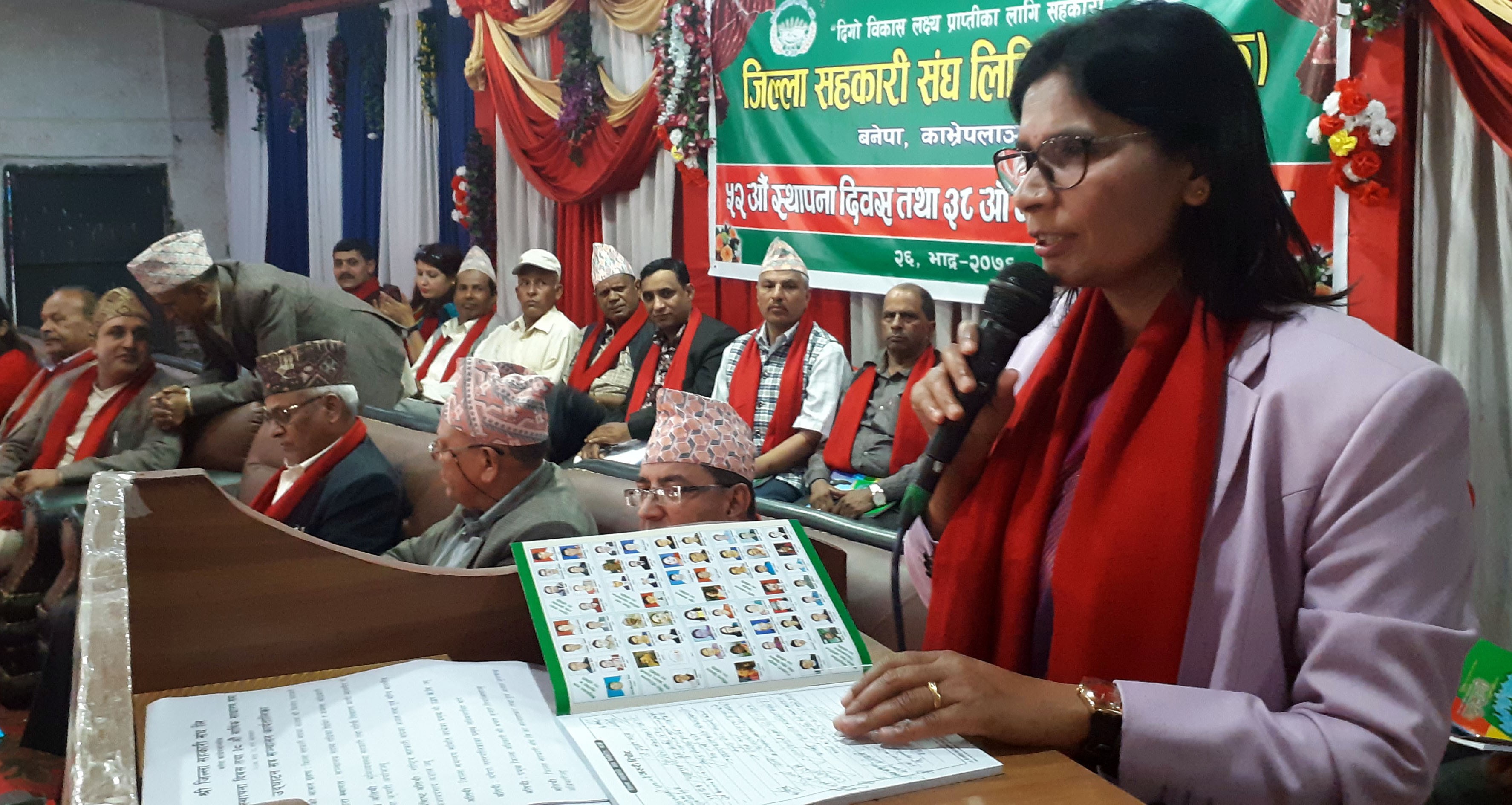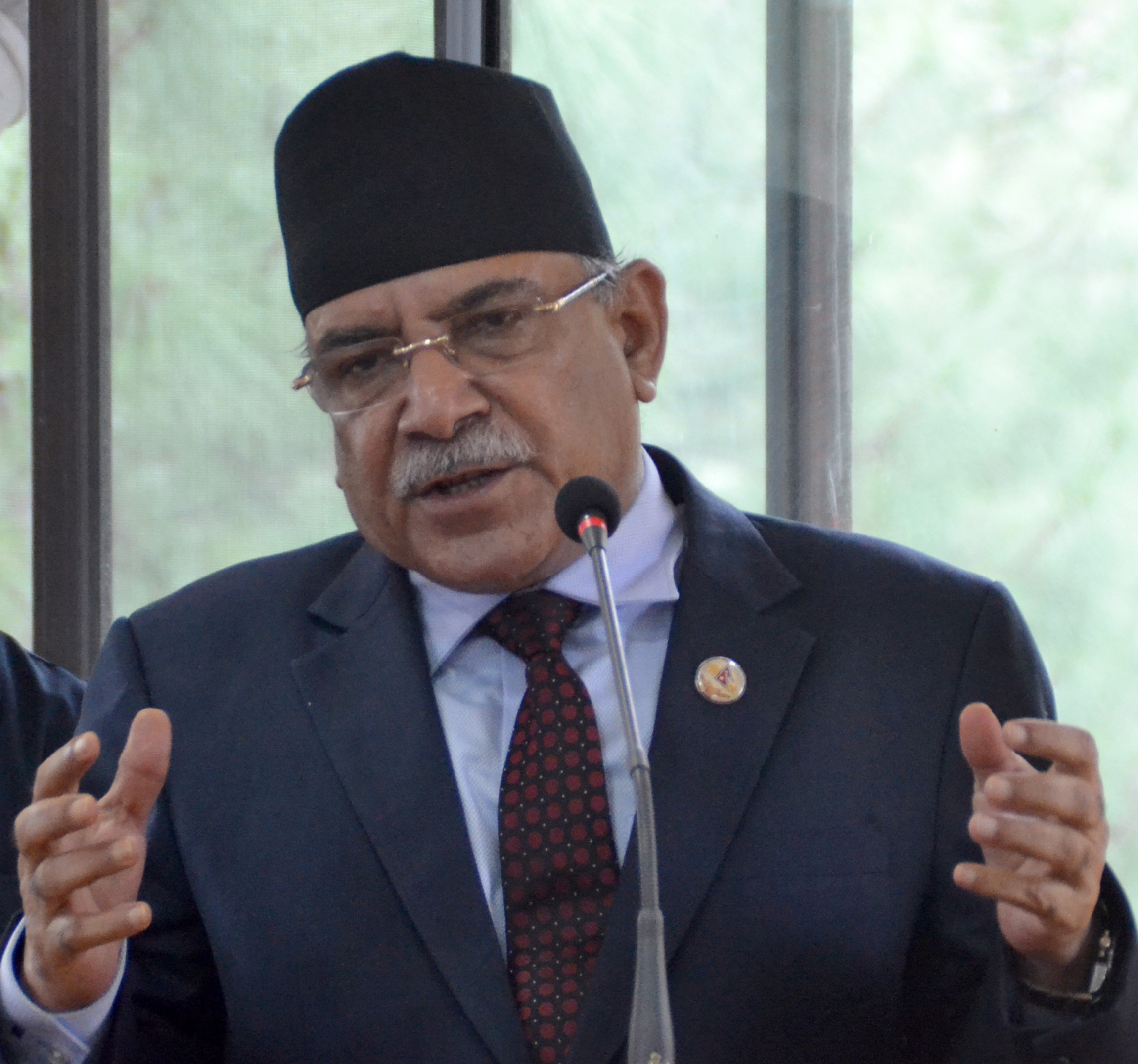RERA second phase goes into implementation
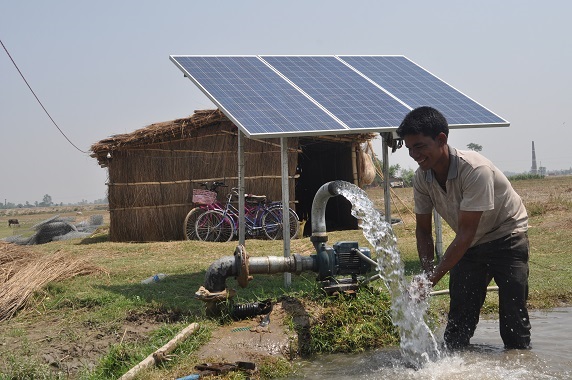
Kathmandu, April 10: The second phase of the Renewable Energy Programme for Rural Area (RERA) has come into implementation.
The second phase aims to expand the access to clean energy in rural areas of Province no 1 and the Sudurpaschim Province devoid of modern energy facility or having less access.
This phase of the programme will be implemented until April 2023. The programme is implemented with the joint technical cooperation of the Government of Nepal and the German Federal Ministry of Economic Cooperation and Development.
Executive Director of Alternative Energy Promotion Centre (AEPC) Madhusudan Adhikari and GIZ National Director Dr Elke Foester signed on the memorandum of understanding on the implementation of the second phase.
AEPC director-general Adhikari said the programme was implemented as a pilot project in 14 municipalities of Province no 1 and the Sudurpaschim Province from October 2016 to September 2019.
According to him, the programme has been expanded to all the local levels of the two provinces with renewable energy feasibility in the second phase on the basis of the effectiveness of the first phase programme.
He said this programme is the first such programme in the form of implementation of federalism in the energy sector. The first phase of this programme has been found effective and now the second phase is implemented to expand the energy access to the municipalities of both provinces which do not have connectivity of the national grid.
Adhikari shared that stress would be laid on economic development through the expansion of renewable energy accessibility in rural areas.
Seventeen thousand 500 people of 14 rural municipalities and municipalities have been directly benefited in the first phase of the programme through the promotion and facilitation of renewable energy technology.
In the first phase of the programme 168 biogas plants and 903 solar home lighting systems were installed, institutional solar energy systems were installed at 37 schools and health posts, improved cooking stoves were built at 1,986 houses, 160 solar street lamps were installed, seven solar water pumps for irrigation and drinking water projects were constructed, five improved mills were built, three agricultural goods processing equipment were installed and two micro-hydro electricity projects were reconstructed.
It is said the province and local governments have become capable of the effective development, promotion and implementation of renewable energy after the execution of the first phase programme.
Recent News

Do not make expressions casting dout on election: EC
14 Apr, 2022
CM Bhatta says may New Year 2079 BS inspire positive thinking
14 Apr, 2022
Three new cases, 44 recoveries in 24 hours
14 Apr, 2022
689 climbers of 84 teams so far acquire permits for climbing various peaks this spring season
14 Apr, 2022
How the rising cost of living crisis is impacting Nepal
14 Apr, 2022
US military confirms an interstellar meteor collided with Earth
14 Apr, 2022
Valneva Covid vaccine approved for use in UK
14 Apr, 2022
Chair Prachanda highlights need of unity among Maoist, Communist forces
14 Apr, 2022
Ranbir Kapoor and Alia Bhatt: Bollywood toasts star couple on wedding
14 Apr, 2022
President Bhandari confers decorations (Photo Feature)
14 Apr, 2022
